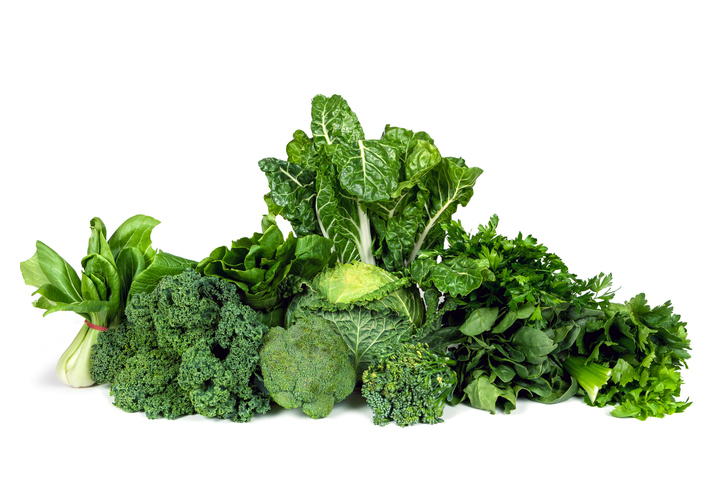The researchers divided the participants into five groups based on the amounts of plant-based foods they ate, without excluding all animal foods.
On average, people with the highest healthy plant-based diets had 12 servings of healthy plant-based foods like leafy greens, fruits, whole grains, beans and vegetable oils a day, while those with the lowest quality diets averaged 7.5 servings per day.

During the follow-up period, about 6,240 participants had strokes, including 3,015 who had ischemic strokes (caused by blocked blood flow to the brain) and 853 who had hemorrhagic (bleeding) strokes. The type of stroke was not known for the remainder of those who had a stroke.
Compared to people with the lowest consumption of healthful plant-based foods, those with the highest intake had a 10% lower overall risk of stroke, and about an 8% lower risk of ischemic stroke. There was no difference in the risk of hemorrhagic stroke.
The researchers also found no association between a vegetarian diet and stroke risk. But this might be because a vegetarian diet doesn’t necessarily mean a high-quality diet, Baden said in a journal news release.
“A vegetarian diet high in less-healthy plant-based foods, such as refined grains, added sugars and fats, is one example of how the quality of some so-called ‘healthy’ diets differ. Our findings have important public health implications as future nutrition policies to lower stroke risk should take the quality of food into consideration,” Baden explained.
More information
The U.S. National Institute of Neurological Disorders and Stroke has more on stroke prevention.






